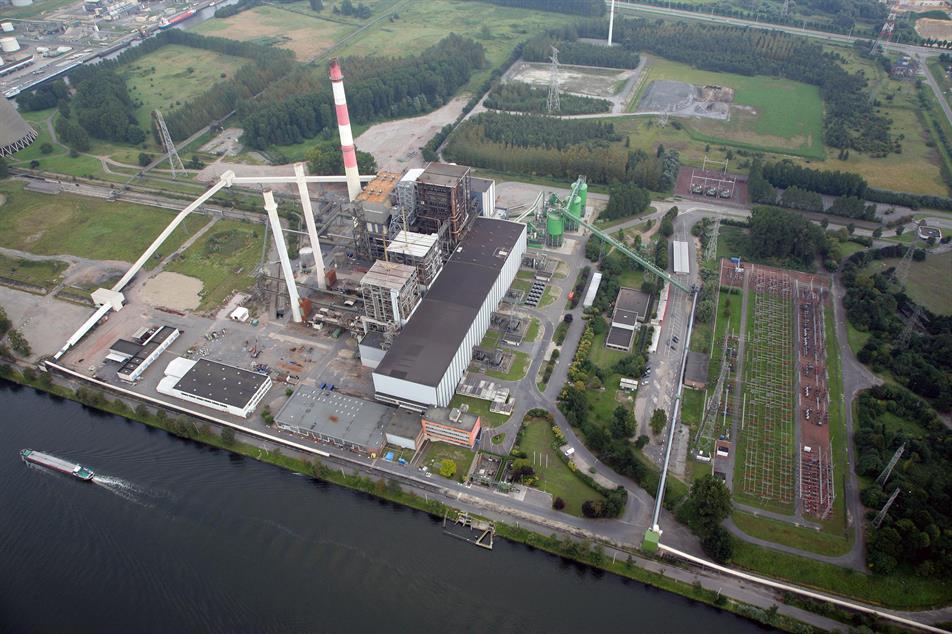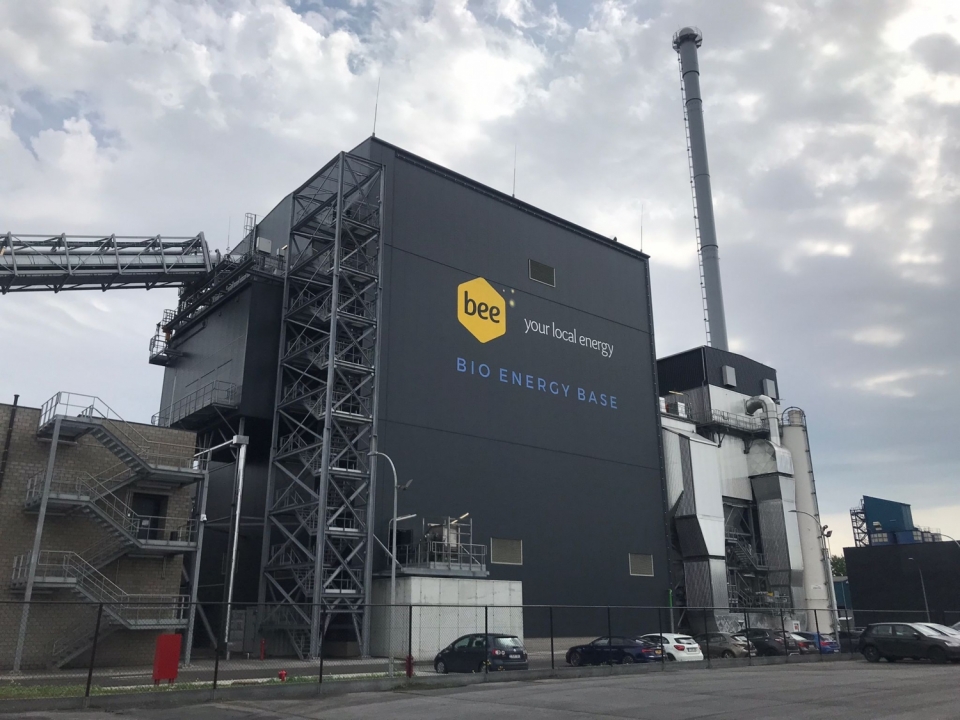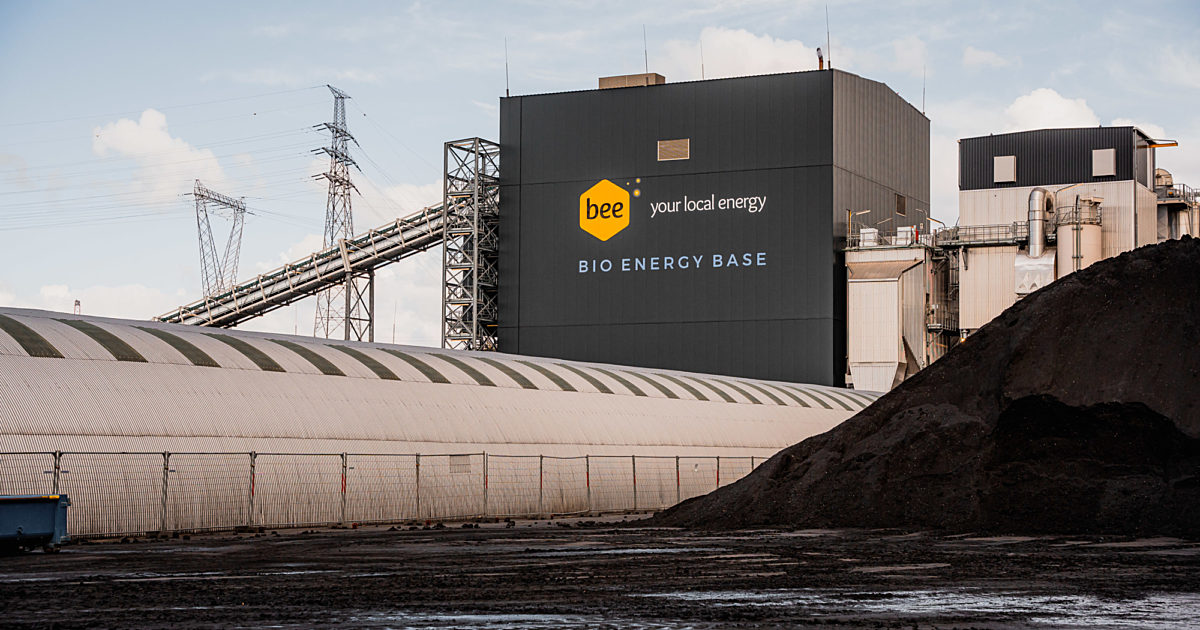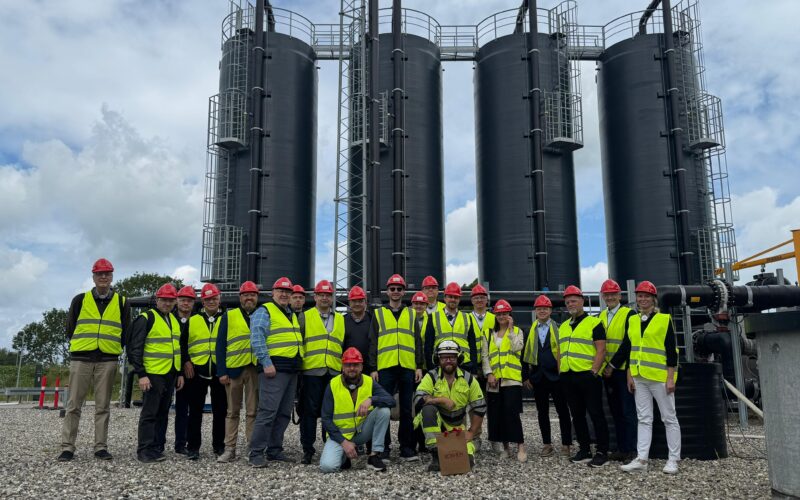A Massive Biomass Energy Plant In Belgium
The Belgian city of Ghent has an efficient, powerful biomass CHP plant owned by Belgian Eco Energy (BEE). It is located at the city’s port on the Ghent-Terneuzen Canal and started operations in 2019.
Parameters
The plant produces 215 megawatts of electricity and 110 megawatts of thermal energy. hat’s enough to power large industrial clients and district heating in Ghent.
The plant’s total energy efficiency will be above a record-breaking 60 percent in combined power and heat mode. The net electrical efficiency will reach 42.5 percent, also a new high for the industry.


Technology
The technology involves heating water to high temperature and pressure until it reaches a state in which there are no specific liquid and gaseous phases. This allows the turbine to work more efficiently.
The high-pressure and high-temperature fluid expands in the turbine and produces mechanical energy, which drives an electric generator.
The remaining thermal energy is supplied to the local heating system and provided nearby homes and businesses with warmth. When wood is burned, flue gas is produced, which contains carbon dioxide and low levels of solid particles.
The plant injects limestone into the boiler, which binds to the sulfur in the ash and prevents it from escaping into the air. At the same time, spent limestone is sold for reuse in the construction industry.


Emissions
In fact, compared with a coal-fired power plant, the technology at the Ghent power plant allows to avoid emissions equivalent to heating the homes of Ghent’s 240,000 residents.
BEE is committed to being carbon neutral, with a massive reforestation campaign to ensure that new trees offset the wood waste the plant burns.
Raw materials
100,000 tons of wood chips are permanently stored at the plant. Fuel is supplied by ship from the US and South Africa, where BEE has 15-year supplier contracts.
Most of the wood coming from the U.S. is coming from the paper and pulp industry. With the demand for paper shrinking, trees that were once tagged for the pulp mill go to Belgium to produce power and heat.
Africa supplies wood from bushes that need to be cut down in order to make room for agriculture.
Source: The General Electric Company (GE).


